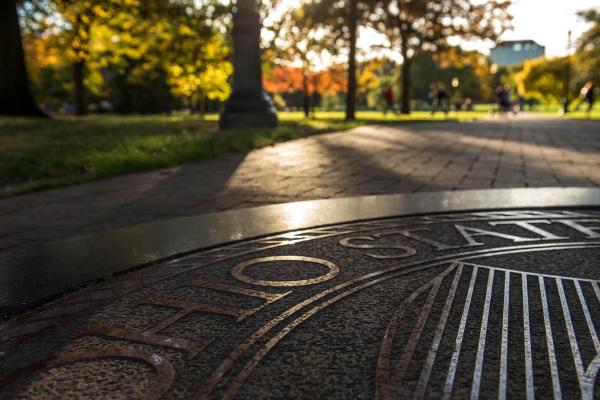Tremors: Implications of the Kurdish Referendum

By Alex Rand
Part 4: Implications of the Referendum
The referendum itself is not exactly a close vote by any stretch of the imagination. The ultimate result will be in favor of Kurdish independence. The only Kurdish opposition to the referendum has been in the PUK controlled Sulaymaniyah province of Iraqi Kurdistan. Here, the population has long been dissatisfied with the way the KRG has run the Kurdish economy and many have expressed an intention to voice their dissatisfaction with a ‘no’ vote at the referendum (#1). These protest votes, however, do not represent a mortal risk to the outcome of the referendum.

"President of Iraqi Kurdistan Masoud Barzani" by Chairman of the Joint Chiefs of Staff, Wikimedia Commons, CC BY-SA 2.0
What does worry and vex the regional and international community is the day after the referendum. In the likely event of an outcome in favor of independence, the KRG has said it would initiate negotiations with Baghdad concerning the secession of Iraqi Kurdistan. Haidar Khezri, an adjunct professor with the Department of Eurasian Studies at Indiana University, has his doubts about the immediate impact in terms of Iraq’s situation. “I doubt [Barzani] will try to declare statehood unilaterally” in the event of a ‘yes’ vote. Rather, Mr. Khezri stated that it is more likely that Barzani’s next move will be to build up Iraqi-Kurdistan’s institutions and infrastructure to prepare the country more adequately for independence.
As for regional repercussions, Mr. Khezri foresees immediate responses to the referendum will come from Iran and Turkey. According to Mr. Khezri, these states will take steps to “warn their Kurdish populations from following the same path”. This, however, is unlikely to deter the more determined Kurdish groups from pursuing their own independence projects in both of those countries. The Kurds in Syria are unlikely to be greatly affected. Despite their kinship with the Iraqi Kurds they essentially have their own autonomous zone now and are unlikely to pursue much more for the time being.
"Iraqi Kurdistan in Iraq (De-Facto and Disputed)" by Spesh531, Wikimedia Commons, CC BY-SA 3.0
Iraqi Kurdistan is marked by solid red, areas controlled by the KRG are marked by light red, areas claimed by the KRG are marked by lighter red
The international community is unlikely to change its tune. The prevailing sense is that the Kurds should wait until ISIS is defeated and the region is stable before pursuing their independence project and a ‘yes’ vote in the referendum is unlikely to change this. In the event of a ‘yes’ vote the international community is likely to urge Barzani and the KRG to hold off on secession until things calm down. As stated earlier by Mr. Khezri, Barzani is more likely to pursue a policy of strengthening Iraqi-Kurdistan institutionally, politically and economically before fully declaring statehood.
This independence referendum, with all of it’s political, diplomatic, ethnic, military and historical baggage has been, arguably, over a century or more in the making. A complex confluence of geopolitical, historical and military circumstances have made this moment possible. Now, the world watches as the Kurds head to the polls on September 25th to decide their fate.
A special thanks to the insights of Mr. Haidar Khezri, adjunct professor of the Department of Eurasian Studies and Senior Fellow at the Center for the Study of the Middle East at Indiana University.
[1] http://www.al-monitor.com/pulse/originals/2017/08/sulaymaniyah--kurdistan-referendum-independence-iraq.html
